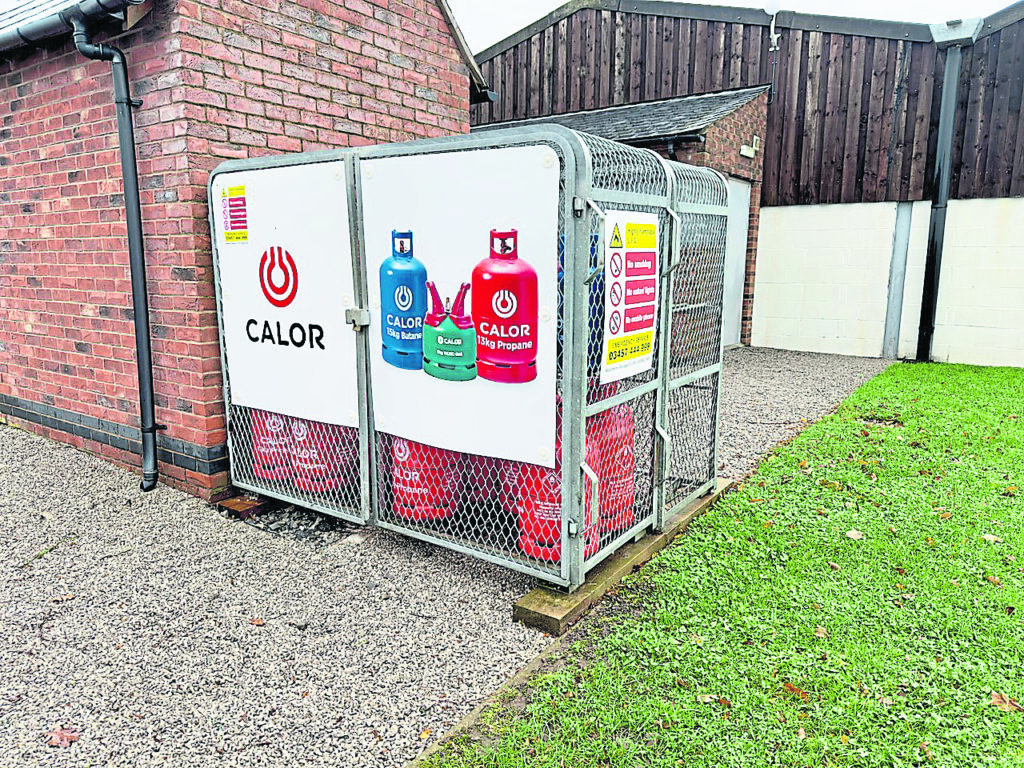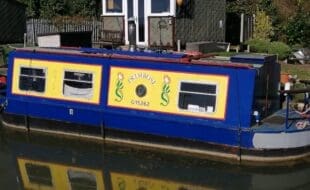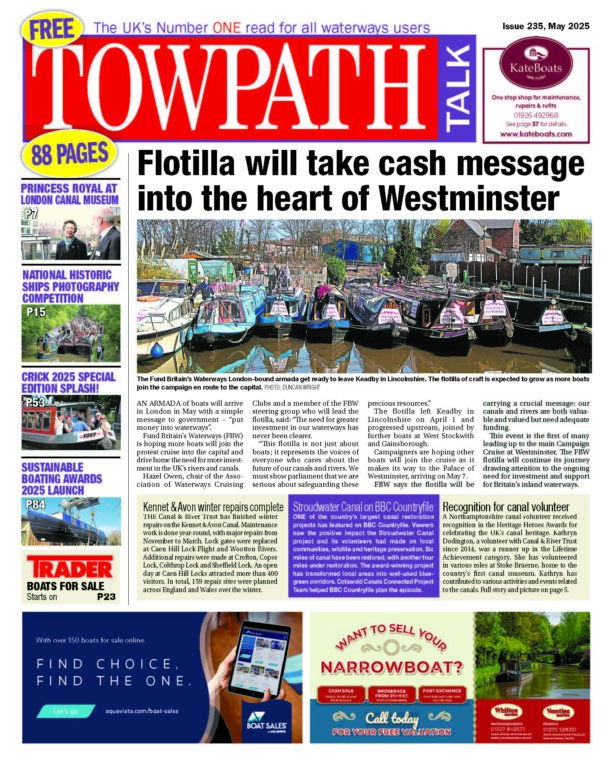FOR many in the boating community, the problems surrounding the availability of Calor Gas have become a part of daily life, something that the National Association of Boat Owners (NABO) highlighted in its October newsletter.
In the article, the association stated: “The small 3.9kg and 4.5kg cylinders are virtually unobtainable, and the 6-13kg propane are as rare as hen’s teeth.” Such is its anger at the lack of availability, NABO recently wrote to the Competition and Markets Authority (CMA) to highlight the situation with the small and larger bottles and questioned whether Calor is a fit and proper company to sell bottled gas.

One of the most worrying issues highlighted in the NABO newsletter article was that, in its view, a number of boats are storing gas bottles in a way that is not compliant with BSS regulations. It estimates that there are 500 boats in this condition, so have asked for this issue to be raised at regular BSS meetings.
In addition, the NABO council has also stated: “Self-filling is becoming a real safety problem.”
Supply issues
In an effort to find out how widespread the problem continues to be, we asked a number of marinas to find out if they were continuing to have problems. Their responses highlighted the difficulties experienced by some boaters and varied from location to location.
Arguably, one of the largest users of bottled gas has to be ABC Leisure, which operates a sizeable fleet of hire and day boats across a number of locations. MD Carl Onens said that the company has had some supply issues in the past and had to restrict sales to the general public to keep the hire fleet operating.
“This has improved in recent months, and we now appear to be getting a reasonable supply,” he said, but added that ABC is “having all sorts of issues with Calor discontinuing the 3.9kg propane as it’s the only cylinder which fits the day boats.”
Aqueduct Marina MD Robert Parton told us: “Although we have had problems with supply over the past few years, things seem to be a little better at the moment.”
Having said that, he pointed out that when stock does run out, they can often wait a week before their next delivery, which isn’t always ideal.
He also feels that Calor does have something of a monopoly when it comes to supplying gas to the boating community and that changing to a new supplier isn’t always an easy option for retailers or boaters.
Robert also highlighted that altering gas lockers on customers’ boats isn’t always easy. Alterations to gas lockers can provide boaters with the option of using different-sized bottles.
However, the practicalities of taking on work like this can make these alterations very difficult.
Calor’s response
When we asked Calor for its comments on the issues surrounding the problems boaters have been having for a number of years and the issues raised in the NABO newsletter, its spokesman didn’t provide us with any information as to the reasons why the company is making these changes.
He did, however, tell us: “Earlier in the year, we decided to streamline our small cylinder range to put us in a better position to service our wider customer base who rely on our larger cylinders to provide their home heating and hot water.
“Listening to feedback from the boating community, we subsequently decided to extend the phase-out of the 3.9kg propane and 4.5kg butane cylinders, so to allow users of these sizes extra time to find an alternative. Both the 3.9kg propane and 4.5kg butane cylinders remain available at our Calor centres, but their availability will continue to reduce as the number of serviceable cylinders declines, and they will ultimately be discontinued.
He continued: “In terms of the availability of 6-13kg cylinders, while these are in high demand, supply is generally good and we are investing in our filling plants and new cylinders to improve availability. Please note that many cylinders are sold via independent sellers and Calor does not have any control over the level of stock they carry.
“We continue to liaise with the Boat Safety Scheme and would echo their advice to boaters to remain in compliance with the Boat Safety Certificate at all times by properly storing cylinders on board. We also would like to take this opportunity to strongly discourage users from illegally refilling cylinders themselves and remind them that the unauthorised filling of any Calor cylinder is both unlawful and dangerous.
“We reserve the right to take legal action against anyone who we have evidence is engaged in such activity.
Frustration
“We understand the frustration of NABO and its members by our decision, but spaces and lockers purpose-built for a specific cylinder size were not part of any Calor initiative and we cannot be held responsible for the continued supply of products on this basis.
“Customers have been offered alternatives within Calor’s revised cylinder range or advised to use other LPG suppliers such as Campingaz, which also offers similar cylinder sizes for these users.”
For some, the use of alternative suppliers is an option, including the use of the likes of Flogas, which can often be found at outlets like B&Q and garden centres.
However, as pointed out in the NABO newsletter, outlets like these ‘are generally not next to canals’.
It would seem the writing is on the wall for 3.9kg propane and 4.5kg butane cylinders and that those in the boating community still using them will have to make alternative arrangements, including the possibility of making alterations to their boats.




